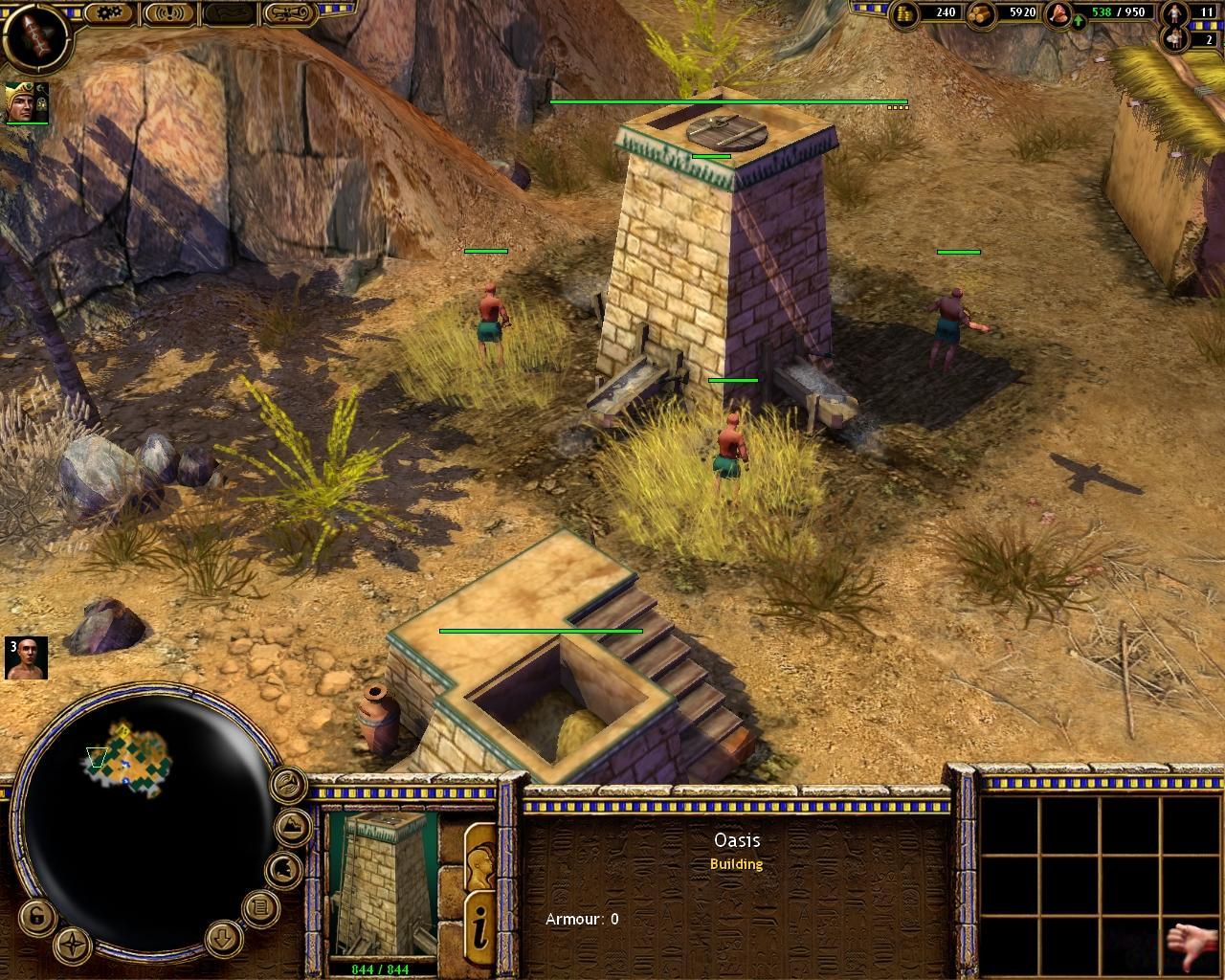
While no clear victor emerged from the first Peloponnesian War, it set the stage for the decisive second Peloponnesian War of 431 B.C. The Peloponnesian War had its origins in the first war fought between Athens and Sparta. The origins of the war tell a great deal about the implications of military power, the problem of conflicting alliances, and how different kinds of regimes make different choices about strategy when going into a conflict. While both sides made numerous mistakes in the prosecution of the war, the Spartans were able to bring their strengths, or the strengths of their allies, to bear more effectively against the Athenians, which resulted in Sparta’s ultimate victory. In comparing how well Athens and Sparta brought their strengths to bear against each other, we examine the following central thesis. Sparta viewed Athens as a threat simply because of its presence.

The rise of Athenian power was not limited to just her navy, but rather the rise of Athenian ideas, Athenian culture, and the Athenian mercantile system. In fact, Athens even had to import the wood that its naval and trade vessels were constructed of. Without secure sea-lanes, Athens would perish as it had very few natural resources of its own. The main economic power of Athens was the result of heavy trade with its neighbors. Thucydides presents the war as a classic struggle of power politics.Īthens, the dominant sea power in Greece, relied upon its massive naval forces to secure its position in the region. Thucydides writes, “there is a fear of the rising power of Athens”. The Spartan army was a full-time institution dedicated to the art of warfare however, Sparta’s military forces were reluctant to take part in any extended campaigns outside of their immediate borders, fearing a possible Helot revolt at home. The Spartan culture centered on military service as a life-long commitment of its male citizens. Sparta, the dominant land power in Greece, was essentially a landlocked city that relied heavily upon the naval forces of its friends, particularly its Corinthian and Megarian allies. Some of these major issues encountered in modern warfare include pre-war planning, civil-military relations, the adequacy of strategy, and planning the termination of the war.

The Peloponnesian War provides an opportunity to see nearly every major issue discussed throughout the course of study packaged into a single case. The second Peloponnesian War between Athens and Sparta, commencing in 431 B.C., is “a classic prototype of a dominant land power against a maritime empire” (Nichols, 2002). Although set in the ancient world, the policy/strategy mismatch between land and sea warfare capability resulted in phenomena that still have relevance for the 21st century.
Ancient wars sparta were to buy how to#
The great strategic dilemma for both Athens and Sparta during the Second Peloponnesian War was how to bring their strength to bear against each other.


The Whale: Bringing National Forces to Bear During the Second Peloponnesian War


 0 kommentar(er)
0 kommentar(er)
